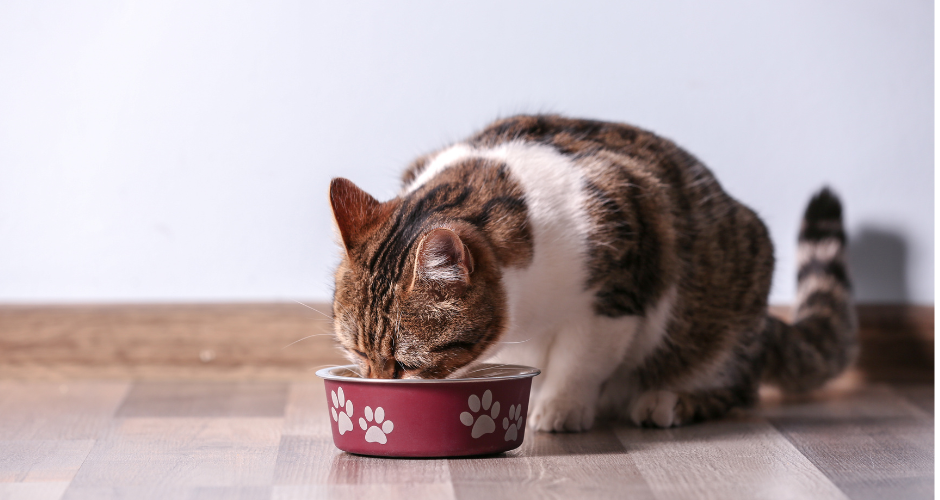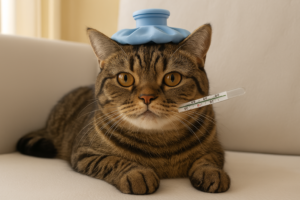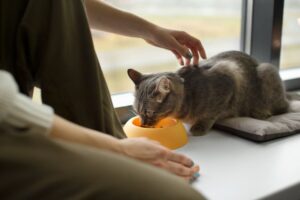Cats, as obligate carnivores, have specific nutritional needs that can be met effectively through a raw diet. This article explores the various advantages that a raw diet can offer to your feline friend, ranging from improved health to increased vitality.
Introduction to Raw Diet for Cats
What is a raw diet?
A raw diet for cats consists of uncooked ingredients such as meat, organs, and bones, mimicking the natural diet of wild felines. This approach prioritizes fresh, whole foods over processed alternatives.
Why consider a raw diet for cats?
A raw diet aligns closely with a cat’s evolutionary diet, providing essential nutrients in their most natural form. It offers numerous benefits that contribute to overall health and wellbeing.
Nutritional Benefits
Natural nutrients: Raw diets retain essential vitamins, minerals, and enzymes that may be lost during processing, ensuring optimal nutrition for cats.
High moisture content: Raw meat and organs have a high moisture content, promoting hydration and supporting urinary tract health.
Improved Digestive Health
Easier digestion: Raw diets are easier for cats to digest, reducing the strain on their digestive systems and minimizing the risk of gastrointestinal issues.
Reduced risk of allergies: By eliminating artificial additives and fillers, raw diets may help alleviate food allergies and sensitivities in cats.
Healthy Skin and Coat
Omega-3 fatty acids: Raw diets often contain sources of omega-3 fatty acids, which are essential for maintaining healthy skin and a shiny coat.
Fewer skin issues: By providing essential nutrients directly from natural sources, raw diets can reduce the incidence of skin problems such as itching and flakiness.
Weight Management
Lean muscle mass: Raw diets promote the development of lean muscle mass, helping cats maintain a healthy weight and body composition.
Controlled calorie intake: By controlling portion sizes and offering nutrient-dense foods, raw diets support weight management in cats.
Dental Health
Natural teeth cleaning: Gnawing on raw meat and bones helps clean cats’ teeth naturally, reducing plaque and tartar buildup.
Reduced tartar buildup: Raw diets may contribute to better dental health, minimizing the risk of periodontal disease and tooth decay.
Boosted Immune System
Enhanced natural defenses: The nutrients found in raw diets support a strong immune system, helping cats fend off infections and diseases more effectively.
Reduced illness: Cats fed a balanced raw diet may experience fewer illnesses and infections, leading to overall better health.
Increased Energy and Vitality
Better nutrient absorption: Raw diets are highly digestible, allowing cats to absorb nutrients more efficiently and maintain higher energy levels.
Enhanced vitality: With improved nutrition and energy levels, cats on a raw diet often exhibit increased vitality and zest for life.
Reduction in Urinary Tract Issues
Increased hydration: Raw diets, with their high moisture content, promote increased water intake, reducing the risk of urinary tract issues such as crystals and blockages.
Lower incidence of urinary problems: Cats on a raw diet may experience fewer urinary tract issues, leading to improved urinary health and wellbeing.
Transitioning to a Raw Diet
Gradual introduction: It’s essential to transition cats to a raw diet gradually, mixing raw food with their current diet to avoid digestive upset.
Monitoring health during transition: Pet owners should monitor their cats’ health closely during the transition period, ensuring they adapt well to the new diet.
Safety Considerations
Quality of ingredients: Selecting high-quality, human-grade ingredients is crucial for ensuring the safety and nutritional value of a raw diet.
Proper handling and storage: Raw food should be handled and stored safely to prevent contamination and the growth of harmful bacteria.
Cost Considerations
Comparing costs: While raw diets may seem more expensive upfront, considering the long-term health benefits and potential savings on veterinary bills can make them a cost-effective choice.
Long-term savings: Investing in a raw diet for your cat can lead to long-term savings by reducing the need for medical interventions and treatments associated with poor nutrition.
Consulting with a Veterinarian
Importance of professional guidance: Before transitioning your cat to a raw diet, consult with a veterinarian to ensure it’s the right choice for your pet’s specific needs.
Tailoring the diet to individual needs: A veterinarian can provide personalized recommendations and guidance on tailoring the raw diet to meet your cat’s unique nutritional requirements.
Common Myths about Raw Diets
Addressing misconceptions: There are several myths surrounding raw diets for cats, including concerns about bacterial contamination and nutritional imbalances.
Dispelling myths: By providing accurate information and addressing common misconceptions, pet owners can make informed decisions about feeding their cats a raw diet.
Conclusion
In conclusion, a raw diet offers numerous benefits for cats, ranging from improved nutritional intake to enhanced overall health and vitality. By providing cats with a diet that closely resembles their natural dietary needs, pet owners can support their feline friends’ wellbeing and longevity.



